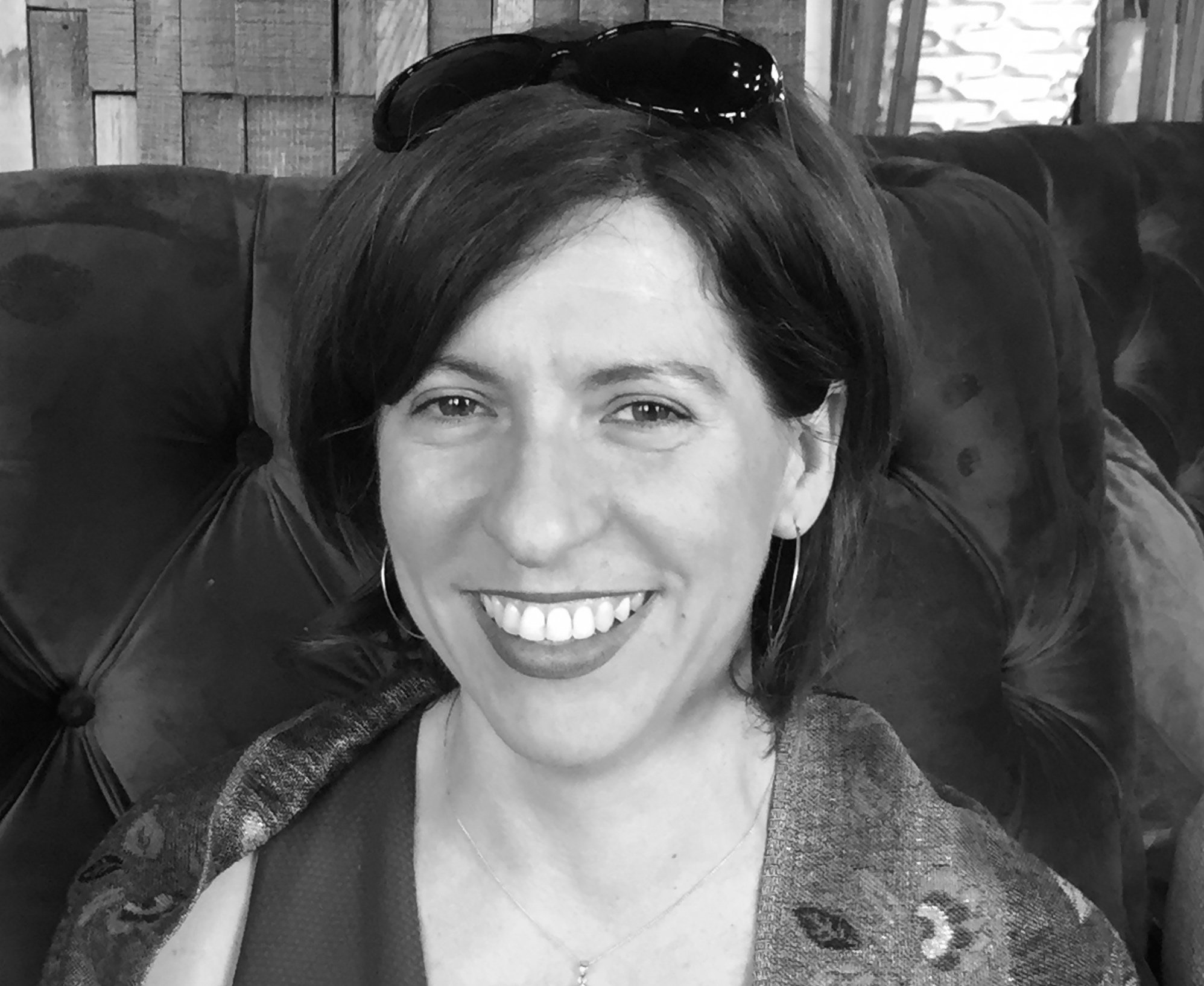Interviewing Cristina Jurado
Helloooo!
A few weeks ago I reviewed the startling and excellent Alphaland and Other Stories by Cristina Jurado a great collection of short fiction with surprising and unsettling tales. It was therefore a pleasure to have the chance to ask Cristina some questions about the book and the process behind the stories.
Cristina: Hello!!! Thank you for this opportunity.
How would you like to booktempt people to read Alphaland and Other Stories?
Cristina: This book is for those fascinated with monsters, both hidden and obvious ones. If you enjoy these types of creatures and crave stories exploring their point of view, Alphaland is exactly what you need.
What tends to set you off on a story—an image, a character, a plot?
Cristina: Normally, it’s a word. Because I have so many ideas, I tend to ask people around me for a word—normally the first thing that comes to their minds. That word helps me as a starting point: I could use it as the title, as the name of the main character, as the place where the action occurs, etc. I call it my “anchor”. Developing from this, I choose the story that best fits this anchor. Often, I pair a word with an idea that has nothing in common, like in “The Shepherd”. Nothing in the title prepares you for the worldbuilding that is about to unfold in the story. Another example is “Dump”, in which a concept of decadent recycling pushed me to a certain tone, and then the story flourished thanks to the many images appearing in my head. Anchors are very important in allowing me to stabilize the narration. Without them, writing is infinitely more difficult.
Many of your stories enjoy ambiguity with respect to a character, what happened next and where they go. Is that an aspect of your approach to horror you like the reader to feel?
Cristina: It all comes down to the fact that I’m fascinated by people’s transformations. I want to explore what turns a perfectly normal person—whatever that is—into a monster, a dark creature, someone or something that scares society. Showing that transformation is immensely rewarding to me, like in “Lamia” where you find an ordinary girl going through a lot and becoming something inexplicable. In “Vanth”, for example, we witness the mutation of predator into prey and in “Alice” we watch someone become a killer in front of our eyes. Also, I like to push readers into an unusual position, like in “Embracing the movement”, where they literally stand at the point of view of the antagonist because the antagonist is the main character. To me, ambiguity empowers readers by allowing them to reflect on the intentions of the characters. I find that very powerful.
What is your favourite Bowie Song?
Cristina: Only one? That’s so hard! I have so many. For obvious reasons, I love “Ashes to Ashes”: it’s a song and a videoclip that have haunted me since my teenage years. But my secret preference, the song that always makes me happy, is “Suffragette City” from The Rise and Fall of Ziggy Stardust and the Spiders from Mars. This album came out the same year I was born and, even though nobody knows for sure what it talks about, the reference to freedom and women’s civil rights speaks directly to me. I’ve been involved in curating many projects focusing on those issues, like Spanish Women of Wonder, the first anthology of sf stories by women in Spanish. I must mention “Lazarus” from his last album, Blackstar, which is unbelievably powerful.
Who are your favourite short fiction authors?
Cristina: In my teenage years I started reading short stories by Argentinian authors Jorge Luis Borges and Julio Cortázar, geniuses who challenged mainstream realism in Spanish literature. They influenced me enormously: I realized one doesn’t have to write a novel to engage the reader. Then I turned into Edgar Allan Poe’s tales and experienced the power of suggestion and the subtlety that lies behind a certain type of horror. Since then, I’ve loved reading short stories by China Miéville, Shirley Jackson, Robert Shearman, Mariana Enríquez, Tim Pratt, Angélica Gorodischer, Angela Carter, and Cristina Fernández Cubas among others.
What is the Spanish SF&F/Horror scene like?
Cristina: The Spanish SF&F/Horror scene is not an easy place to be. For starters, its size cannot compare and compete with mainstream literature, so its authors receive less promotion, fewer reviews, less media visibility, fewer nominations for awards, etc. On top of that, female authors have been scarce until recently so many barriers had to be taken down for people to start noticing us. Thanks to a number of incredibly talented Latin American female authors, horror has finally been placed into central stage in the Spanish market. Yet much more needs to be done to ensure that Spanish SF&F/Horror gets the attention that deserves, with more publishers investing in collections.
What are you currently working on and where can we find out more?
Cristina: I’m translating my own novel, Bionautas, from Spanish into English with the assistance of Monica Louzon. In September Apex Publishing will publish my first novella, ChloroPhilia, a postapocalyptic climate sf story translated by Sue Burke. Also, this summer my new fantasy novel Limítrofes (Borderliners) will see the light in Spain, bringing to the public a tale of mentally unstable superheroes with unusual superpowers. As for now, I’m currently writing my next novel in Spanish, set in the world of “The Shepherd” and telling the story of a revolution.
What one book, not your own, would you wish you could get everyone to read and why?
Cristina: The Aleph by Borges. This collection includes “The House of Asterion”, in which the author narrates the story of the Minotaur from his point of view. Its ending, a single sentence spoken by Theseus, is one of the best ever written.
And thank you again for this!!!!
